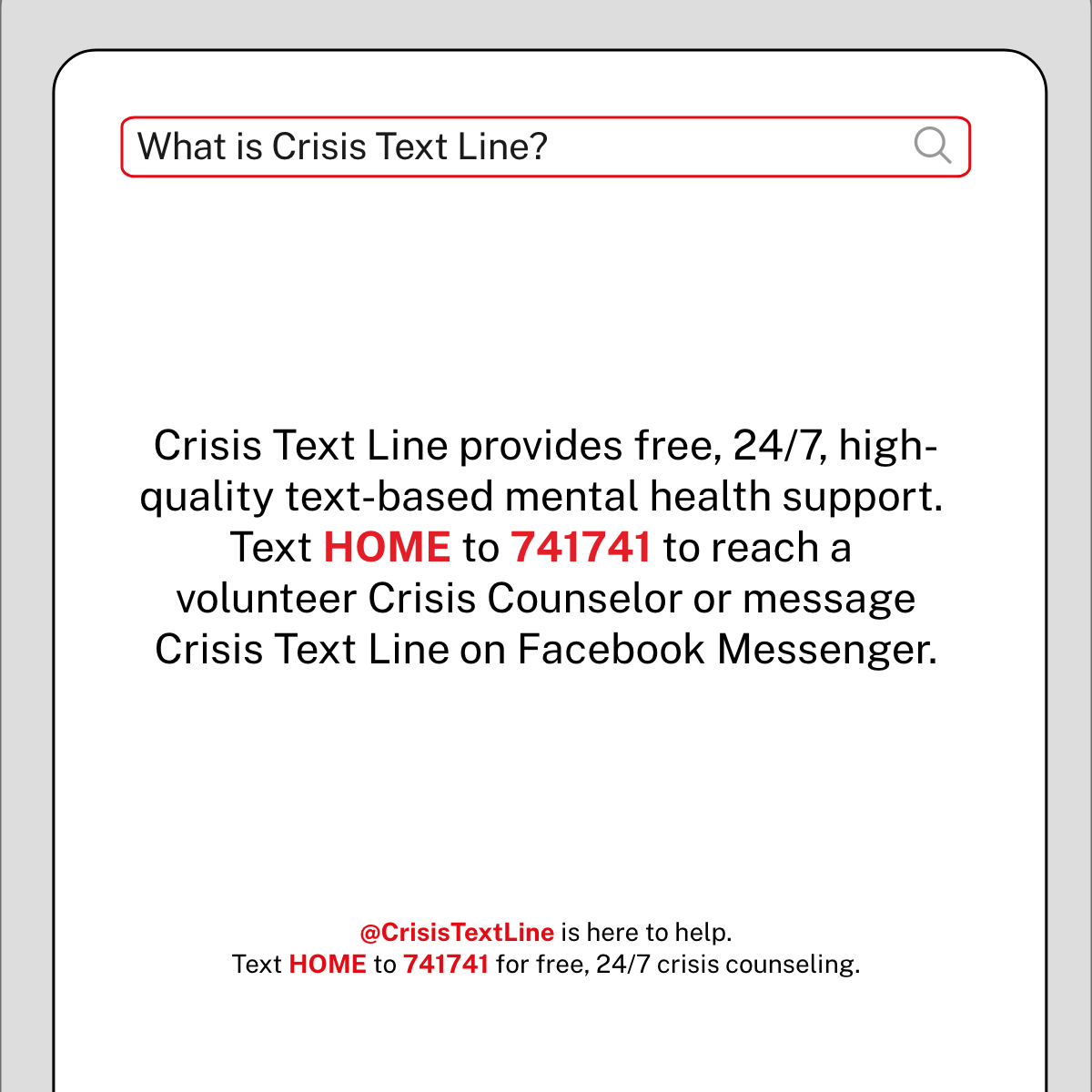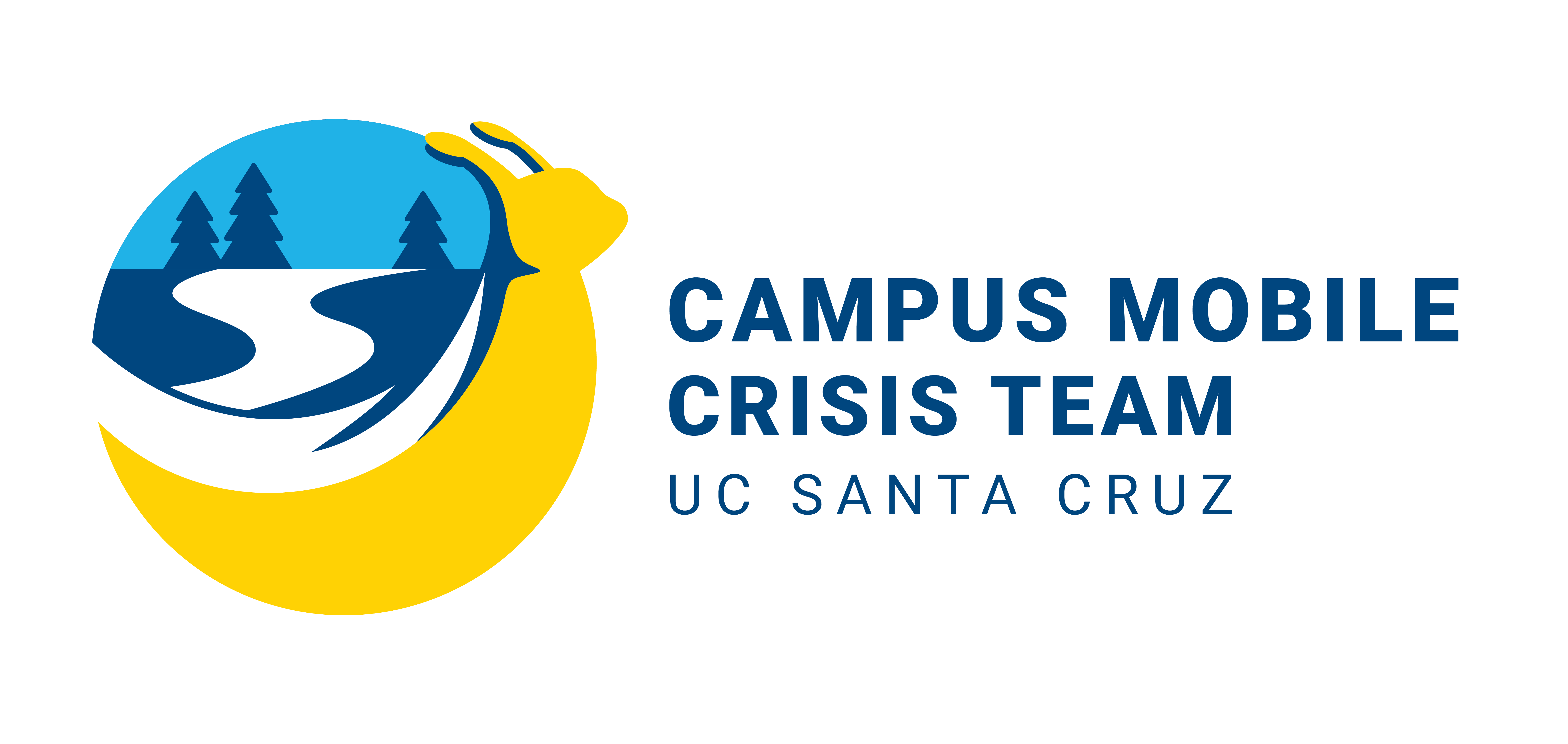Mental Health and Well-Being
On This Page
Transitioning to college comes with new and exciting experiences. You might be away from your support system for the first time, balancing classes, meeting new people, and navigating a new environment. Think about your strengths and how you have coped in the past. Knowing how to deal with life’s challenges before they happen can help you feel more confident and grounded.

Stress
Stress is the body's response to any demand or pressure. These demands are called stressors. For example, a lion chasing you is a stressor. A pounding heartbeat and sweat is the physical manifestation of stress. Stress is a biological and normal response to a stressor, it actually helps us combat the stressor by making us more focused or providing adrenaline. It can help you deal with a tense situation, study harder for an exam, or keep focused on an important project. However, when stressors in your life are constant, it can take a toll on your mental and physical health.
Anxiety
Anxiety is a feeling of fear or dread that can arise during a stressful situation. Sometimes it can be hard to pinpoint where your anxiety is coming from. However, if you feel as though anxiety is a constant presence in your life, know that you can speak with a CAPS counselor on campus.
Sadness vs. Depression
Feeling sad is very different from depression. Sadness is a reaction to something in your life such as a breakup, a bad grade, or the loss of a loved one. When you’re feeling sad you might cry or talk to loved ones about how you’re feeling, but you start to feel better after a few days or weeks. Sometimes people describe their sadness as depression, but it is important to know that clinical depression is different from feeling sad.
Clinical depression is diagnosed by a mental health care professional and has symptoms that last much longer than sadness. It has physical and emotional symptoms and cannot be wished away; people with depression can't just "pull themselves together." Depression can make it challenging to follow through on responsibilities or engage in the fun activities you love. The good news is that depression can be treated, and people can recover.
Some signs of depression to look for in yourself or others:
-
Feeling hopeless
-
Loss of interest in things someone used to enjoy
-
Fatigue, sleeping too much, or not sleeping enough
-
Irritability
-
Changes in appetite (eating more or less)
-
Fluctuating emotions
-
Thoughts about self harm or engaging in self harm
-
Isolation
-
Thoughts of suicidality
Action Steps
-
Understand that you are not alone. Mental health is something many college students struggle with. There is support for you on and off campus.
-
Move your body in a way that feels good. If that means a 20 minute walk through campus, great! It could also mean a 5 mile run, some light stretching, or dancing to your favorite song.
-
Find community on campus and maintain relationships from home. Look for organizations on campus with themes related to your interests. Schedule a weekly FaceTime with your best friend from high school.
-
Identify what may be causing your stress. Determine what steps you can take to reduce stressors, such as changing schedules, using self-relaxation techniques, and setting realistic goals for yourself.
-
Talk to someone you can trust, such as a peer, parent, doctor, counselor, religious leader, resident assistant, or teacher. Some people find that sharing their feelings with someone they trust and who recognizes what they’re going through helps them feel better.
-
Visit the health center, and discuss concerns with a health professional. If the health professional advises treatment, follow instructions. Watch out for side effects, and attend follow-up appointments to assess improvement. If you don't feel any better after 4-6 weeks, tell your health professional.
-
If you or someone you know is considering suicide, call the suicide hotline at 988.
Resources
National Suicide Prevention Lifeline
A 24–hour, toll-free suicide prevention service available to ANYONE in suicidal crisis.
Dial 988
www.suicidepreventionlifeline.org
Crisis Text Line
Text HOME to 741741 from anywhere, anytime. Crisis Text Line is here for any crisis. A live, trained Crisis Counselor receives the text and responds, all from our secure online platform. The volunteer Crisis Counselor will help you move from a hot moment to a cool moment.
UCSC Campus Mobile Crisis Team
831-502-9988
Hours of operation: Monday–Tuesday, 2:00 PM–12 midnight and Wednesday–Sunday, 12 noon–12 midnight. When they are not available, you will have the option to speak with Counseling and Psychological Services or the UCSC Dispatch.If you or someone you know is experiencing a life threatening emergency, please dial 911.
UCSC Counseling & Psychological Services
https://caps.ucsc.edu
831-459-2628
Mental Health is Health
Provides a resource center with information on various mental health issues facing young people. https://www.mentalhealthishealth.us/
Active Minds
Active Minds is the leading nonprofit organization that empowers students to speak openly about mental health in order to educate others and encourage help-seeking. We are changing the culture on campuses and in the community by providing information, leadership opportunities and advocacy training to the next generation.
http://www.activeminds.org/
Tips for Coping with Stress
http://www.cdc.gov/ncipc/dvp/CopingWithStress.htm
Mental Health Social Media Accounts
@Crazyheadcomics
@strugglecare on TikTok– household tips for mental health/illness
@domesticblisters
@peopleiveloved



